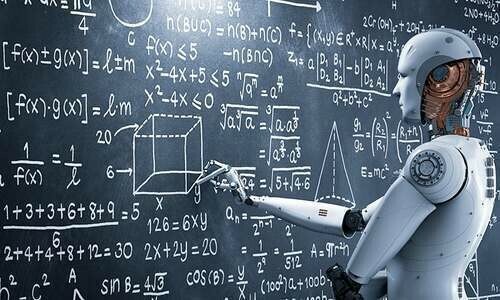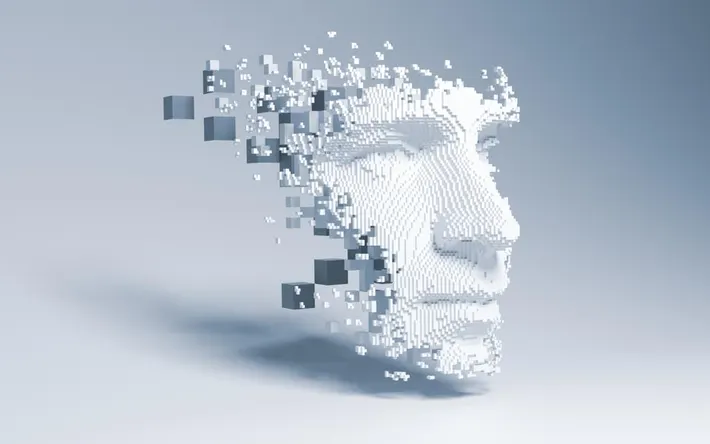Introduction
The world stands on the edge of a profound transformation driven by artificial intelligence, cultural influence, and shifting political dynamics. What was once a linear progression of innovation has evolved into a multifaceted revolution—one where technology, celebrity activism, and global leadership intersect to redefine human progress. From the rise of autonomous systems to the influence of public figures on international policy, the boundaries of power and perception have never been more fluid.
In this interconnected ecosystem, machines learn faster than humans, celebrities command audiences larger than most nations, and politics operates under the unrelenting scrutiny of digital transparency. Together, these forces are not merely shaping the world; they are rewriting the DNA of civilization itself, forging a new order where influence, intellect, and ideology collide.
Artificial Intelligence and the Power of Perception
Artificial intelligence has surpassed its role as a technological tool to become an architect of human perception. From recommendation systems shaping entertainment to predictive algorithms guiding medical decisions, AI now influences how societies interpret truth and experience reality. Its capacity to analyze, predict, and persuade has turned it into a silent participant in every global conversation.
Yet this influence comes with profound risks. Bias embedded in algorithms reflects the prejudices of their creators, and decisions once made by humans are now determined by machines. Nations scramble to balance innovation with regulation, while corporations race ahead, often at the expense of accountability. In this race for supremacy, the question remains: who is programming the future—and for whom?
Celebrities as Catalysts of Global Change
Beyond politics and policy, celebrities have emerged as central players in global discourse. Figures like Elon Musk, Beyoncé, and Leonardo DiCaprio wield their platforms not just for entertainment, but for advocacy and influence. In an age of digital engagement, their voices transcend borders, mobilizing millions around causes from sustainability to social justice.
This celebrity activism bridges the gap between public emotion and political action. Governments, once the primary agents of reform, now share that space with cultural icons capable of shaping collective behavior. The fusion of fame and activism creates new opportunities for awareness—but also the risk of misinformation when influence overshadows expertise.
The Political Frontier of Technological Dominance
Politics is no longer confined to parliaments and press conferences—it unfolds across platforms, feeds, and algorithms. Governments harness AI for surveillance, policy modeling, and electoral strategy, while citizens use it to demand transparency and challenge authority. This digital democracy redefines how power is distributed and maintained.
However, it also blurs accountability. The same technologies that promise fairness and insight can be weaponized for manipulation and control. The digital arms race between nations, from cyber warfare to misinformation campaigns, reveals how politics has become inseparable from code. The future of governance will depend on whether technology serves the people—or dominates them.
Global Economics and the Currency of Influence
The traditional economy of goods and labor has given way to an economy of data and attention. Companies now measure success not merely in profit, but in engagement and perception. From influencer marketing to digital branding, visibility has become the ultimate commodity in the modern marketplace.
This new economic model has created unprecedented opportunities for individuals to achieve global reach—but also new inequalities. A handful of tech giants and cultural figures control much of the world’s attention, leaving smaller voices struggling to compete. The result is a global imbalance not of wealth, but of influence, shaping what humanity values and prioritizes.
Humanity and the Ethics of the Future
As AI accelerates and influence expands, the ethical landscape grows increasingly complex. Should machines make moral decisions? Should celebrities hold political sway? And how do societies preserve truth in an age of deepfakes and digital deception? These questions are no longer theoretical—they define the immediate reality of modern civilization.
Humanity’s response will determine the next phase of evolution. The integration of ethics into technology, governance, and media must move beyond policy into practice. Without conscious intervention, progress risks becoming exploitation, and innovation risks becoming control.
FAQs
How are AI and politics connected?
Governments use AI for analysis, communication, and policy development, while political groups employ it to influence and mobilize voters.
Why are celebrities increasingly political?
Their platforms give them unmatched reach, allowing them to shape opinions and agendas on global issues faster than traditional institutions.
What is meant by the “economy of influence”?
It refers to the modern marketplace where attention, engagement, and digital presence determine power and profitability.
How does AI affect ethics in society?
It challenges traditional moral frameworks by shifting responsibility from humans to algorithms that lack empathy and accountability.
Can the global digital order be balanced?
Yes, but it requires collaboration between governments, corporations, and citizens to ensure transparency and equitable participation.
Conclusion
The intersection of artificial intelligence, celebrity influence, and political evolution defines the most pivotal era in human history. Together, these forces are building a digital civilization where power is decentralized but influence is more concentrated than ever before. The new world order is not written in laws or constitutions—it is coded in data and amplified by voices that transcend geography.
To thrive in this revolution, humanity must balance ambition with ethics, progress with compassion, and innovation with integrity. The choices made today will not only determine who leads in the digital age—but who remains truly human in the face of unrelenting change.



